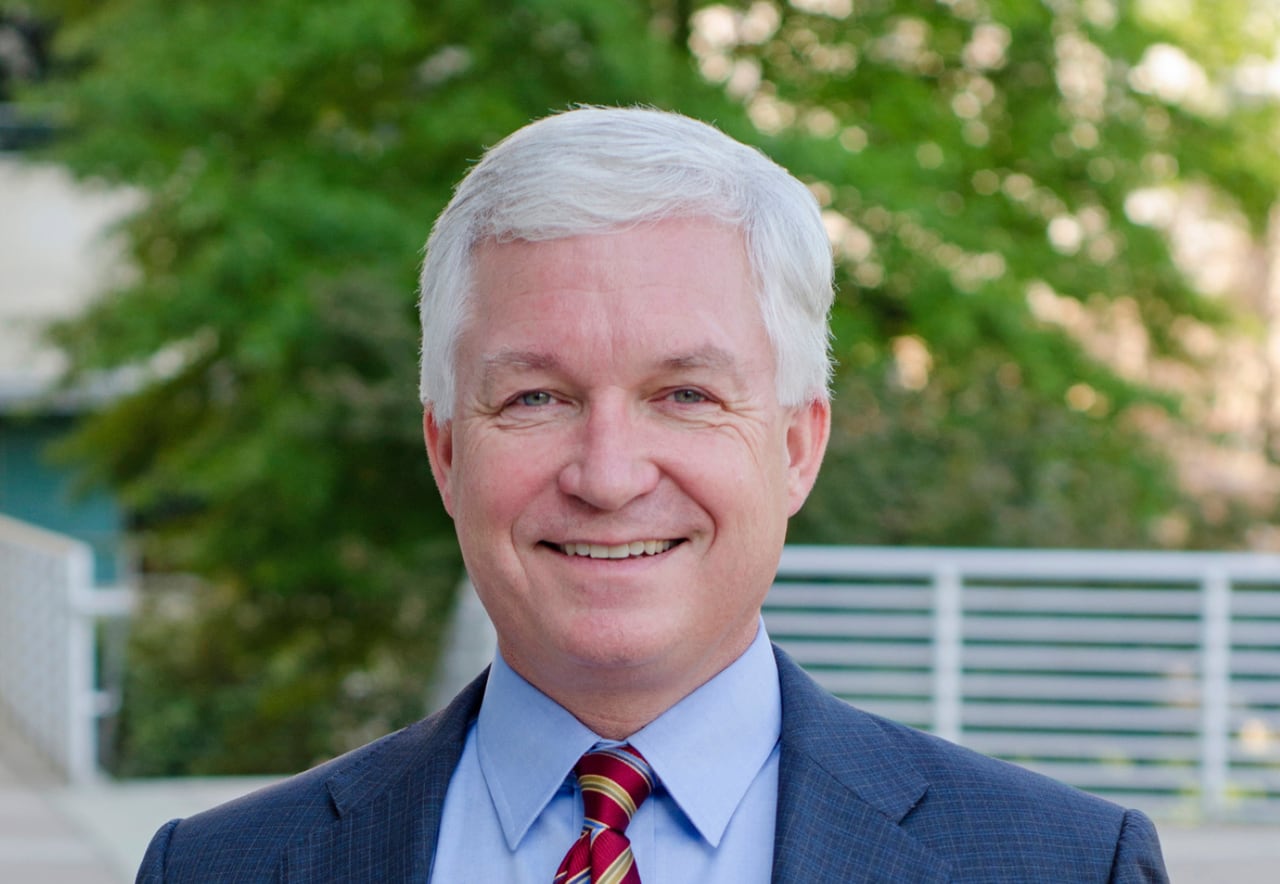Guest opinion: Why âArkansas-styleâ Medicaid expansion is on the table in Alabama
This is a guest opinion column
You may have heard renewed discussion lately of Alabama possibly taking an “Arkansas-style” approach to expanding Medicaid. Some in Alabama have been eyeing my home state as a possible model for a nonconventional form of Medicaid expansion that would extend private health care coverage to currently uninsured Alabamians instead of enrolling them in the state-run Medicaid program.
Alabama is not alone. Georgia is also looking closely at what we did in Arkansas, and lawmakers in other Southern states that have not expanded Medicaid have been reaching out to me and others in my state for information about our program, which has now been providing health insurance to low-income Arkansans for a decade.
I was serving as Arkansas’ surgeon general when expanding Medicaid under the Affordable Care Act first became an option. As a state that then had one of the highest uninsured rates in the nation, Arkansas had good reason to expand, but enlarging the state Medicaid rolls was a politically radioactive notion in the Republican-controlled legislature.
There was another possible path, however: Section 1115 of the Social Security Act allows states to seek federal approval for experimental projects that promote the objectives of Medicaid. Arkansas policymakers developed a proposal to use federal Medicaid funds to provide Arkansans earning up to 138% of the federal poverty level with private health plans on the new insurance marketplace.
The state legislature and the federal government approved the program, making Arkansas the first Southern state to adopt Medicaid expansion. More than 200,000 Arkansans enrolled, cutting our uninsured rate in half.
These newly insured Arkansans now had access to treatment for chronic conditions that had gone untreated for years, as well as preventive services that allowed them to avoid other health problems and their associated costs. Providers were receptive to treating the expansion population because payment rates were markedly higher for commercially insured patients than for patients on traditional Medicaid. And the newly insured became able to pay for hospital visits, reducing uncompensated care costs at Arkansas hospitals by more than half.
The reduction in uncompensated care, combined with increased revenue from services provided to newly insured patients, offered a lifeline to struggling rural hospitals. Since 2012, no rural hospital in Arkansas has closed without being reopened or replaced. In the same period, 58 rural hospitals have closed in the six states surrounding Arkansas, and four have closed in Alabama.
Today, rural hospitals around the country are under renewed financial pressure because of factors such as labor shortages, rising labor costs, inflation and the end of federal pandemic aid. Uncompensated care for individuals seeking treatment in emergency rooms or hospitalized without insurance adds yet more burden, so financial pressures on rural hospitals are especially severe in states that have not expanded Medicaid. A February 2023 analysis by the Kaiser Family Foundation found that the median operating margin for rural hospitals in expansion states was 2%, compared to 0.3% for rural hospitals in non-expansion states.
Arkansas also made the crucial decision to enroll people who are medically frail in traditional Medicaid, creating an expansion population that is relatively young and healthy and therefore low-risk for insurers to cover. This helped to stabilize Arkansas’ insurance market and has allowed it to enjoy smaller premium increases than most other states have experienced. Since 2017, average marketplace premiums in Arkansas have been lower than in any of the surrounding states.
The federal government pays 90% of the costs of Medicaid expansion, which means that billions of federal dollars have come into my state that it otherwise would not have received. These federal tax dollars been collected from both Arkansans and Alabamians for the past decade; they have been put to use in Arkansas and other states to provide coverage, but not in Alabama.
In the beginning, some expansion opponents in Arkansas predicted that the state’s obligation for 10% of the costs would break the state budget. But in 2016, a consultant hired by the Republican legislative leadership concluded that the program would have a net positive impact of $757 million on the budget between 2017 and 2021 through reduced state expenditures and increased tax revenues.
Polls show that Alabama voters support Medicaid expansion. They have ample reason to: The Public Affairs Research Council of Alabama projected in 2022 that Medicaid expansion would extend health coverage to more than 280,000 Alabamians and that over six years it would yield savings for the state of nearly $398 million a year, create over 20,000 new jobs a year and have an average economic impact of $1.89 billion a year.
After the Medicaid federal-state partnership was first enacted by Congress in 1965, it took 17 years for all states to join in providing coverage and care to low-income and disabled citizens. Hopefully, Alabama and our other Southern sister states can find a path to enable low-income families to gain coverage, get needed care, and remain productive contributors within our communities.
Joe Thompson, M.D., M.P.H., is president and CEO of the Arkansas Center for Health Improvement and was Arkansas’ surgeon general under Govs. Mike Huckabee (R) and Mike Beebe (D).
